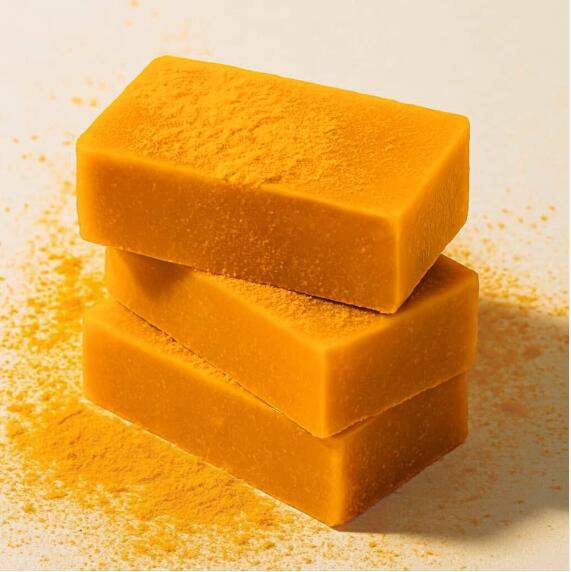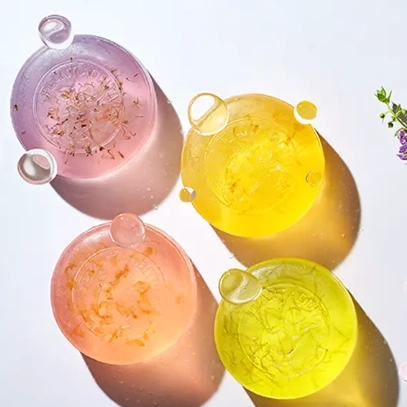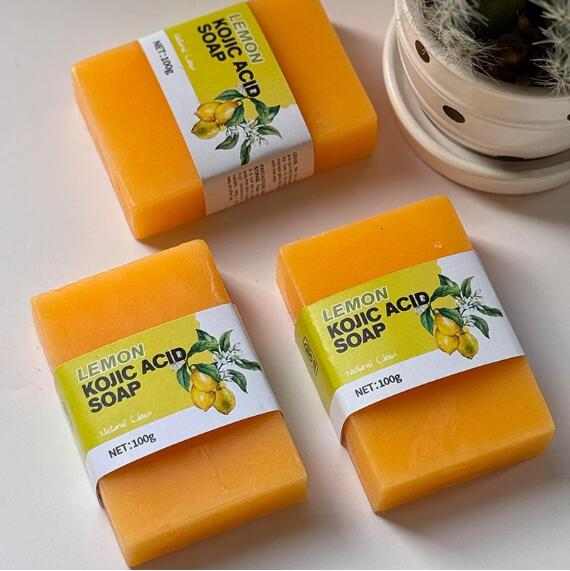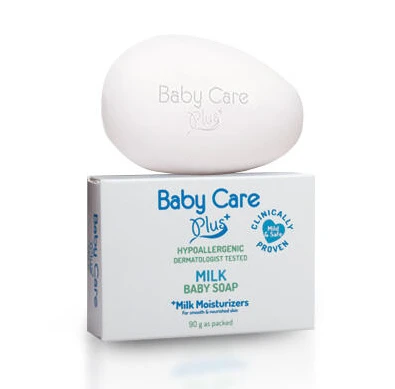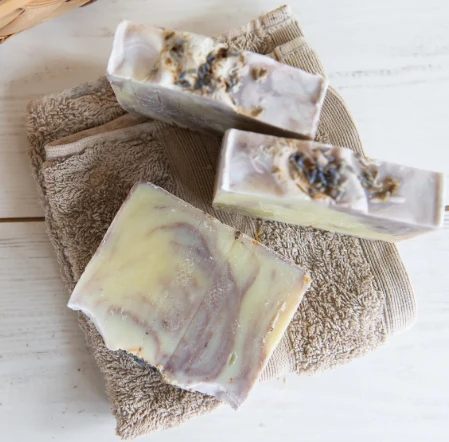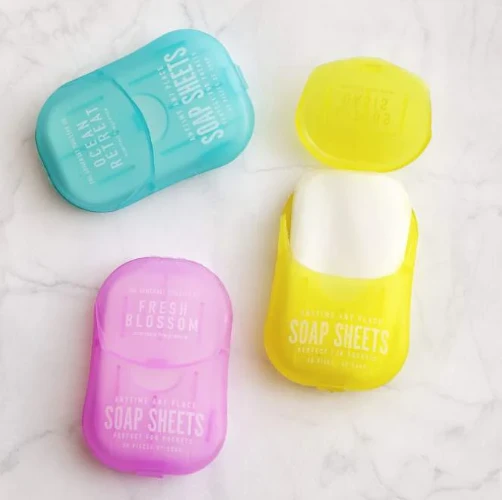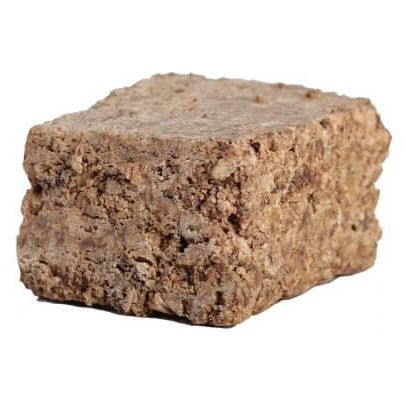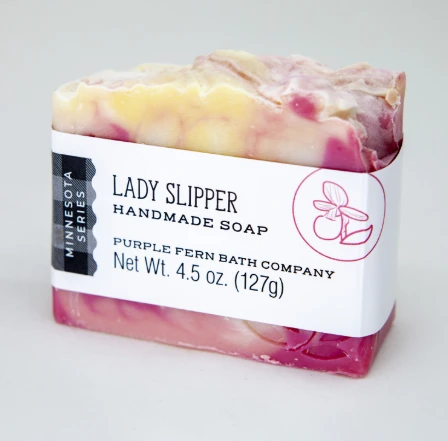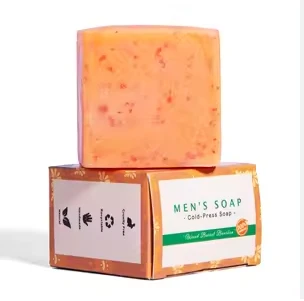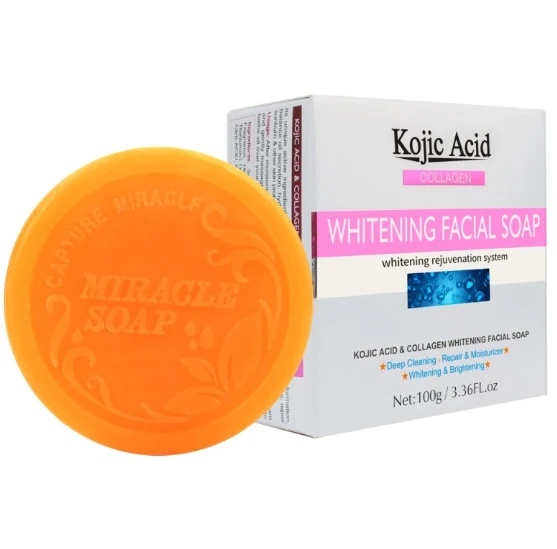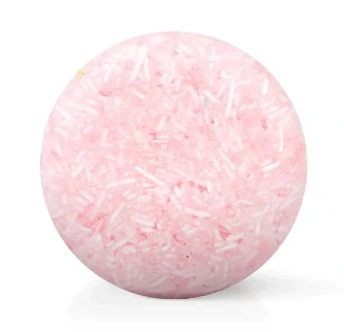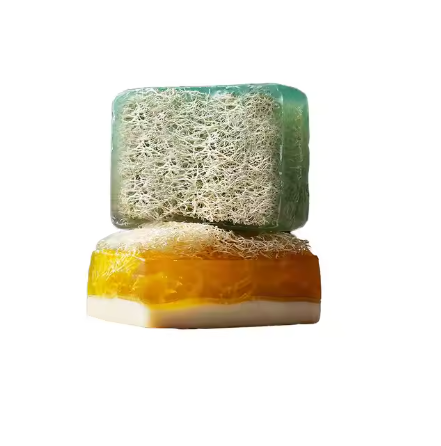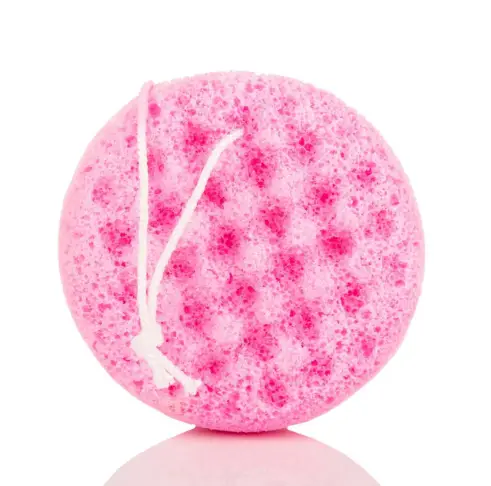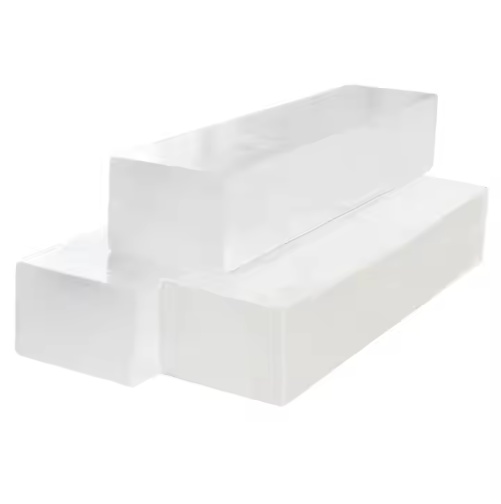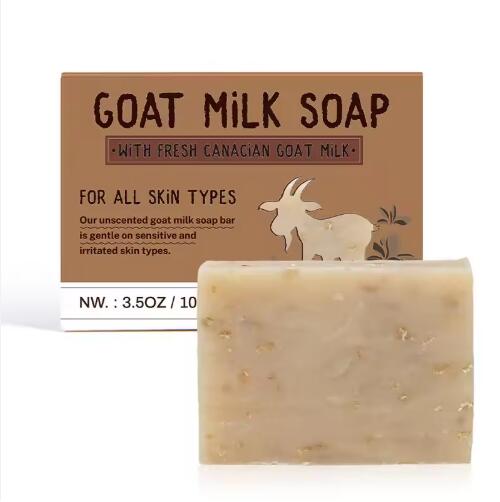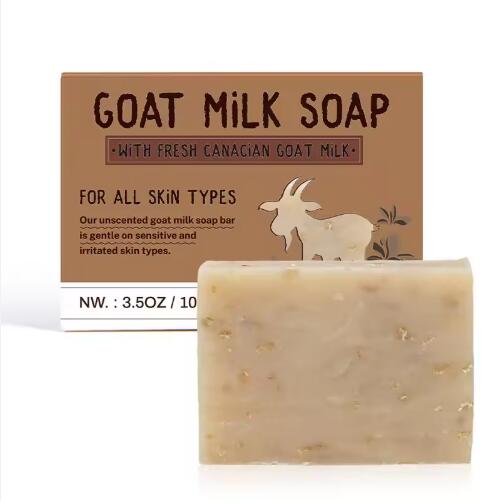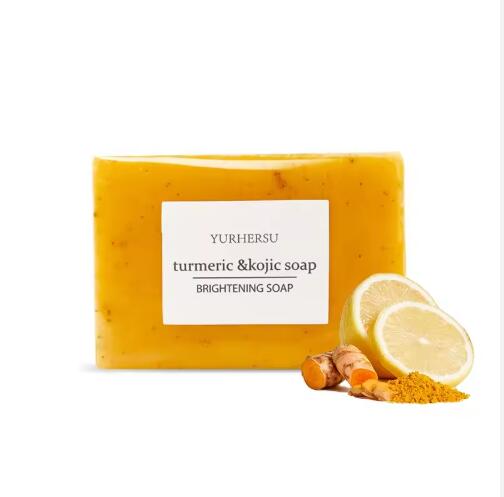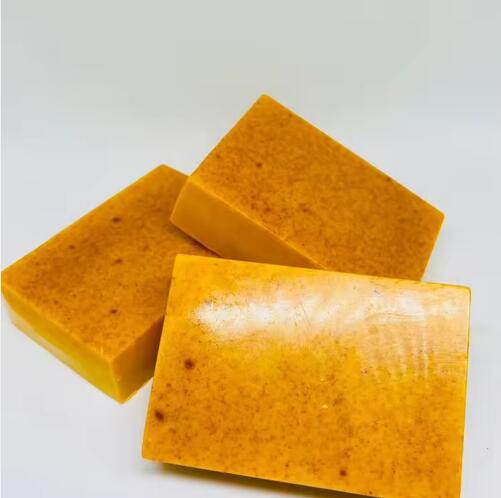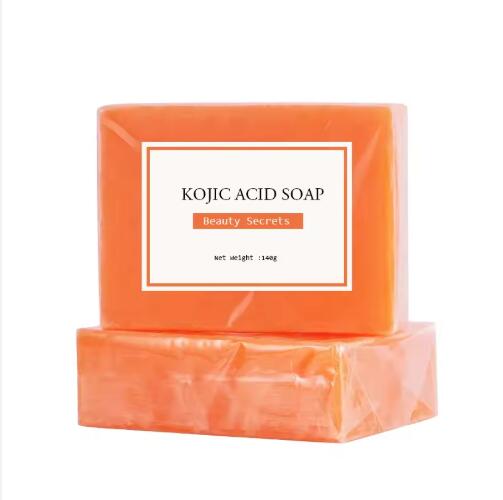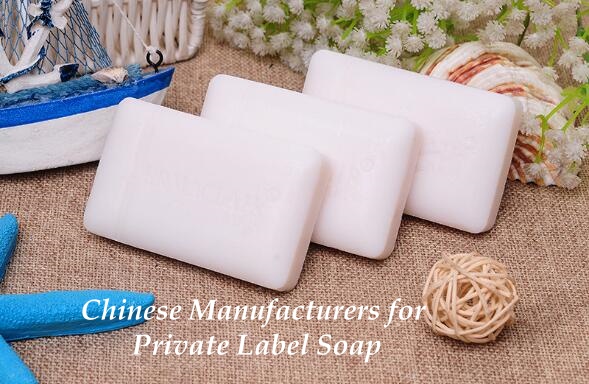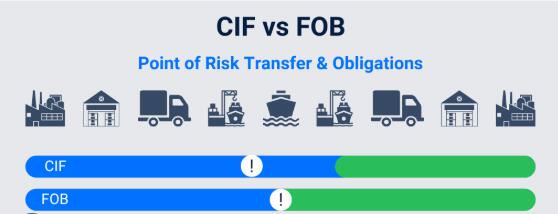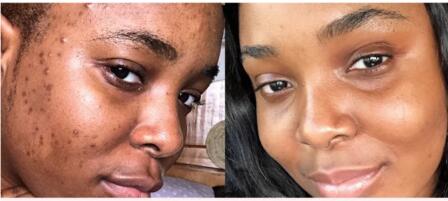What happens if you eat soap and what should you do
What happens if you eat the soap?
This is a question we often get. I am not sure why except the question usually follows the comment, "Your soap looks and smells like I could eat it!"
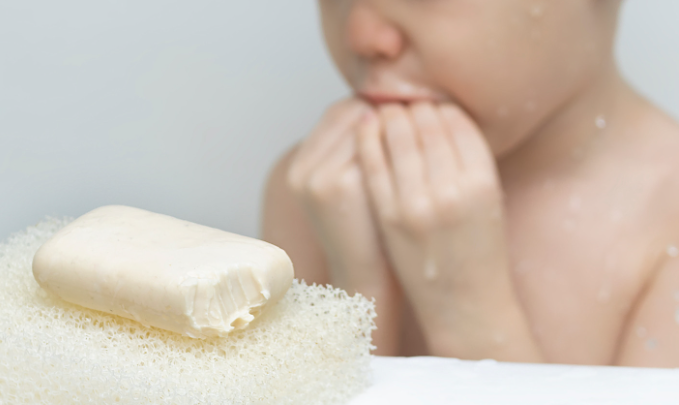
The good news is that most soaps are non-toxic. Even though all soap (except African Black Soap) is made with lye (it is the necessary binding ingredient that holds the water and oils together), when it goes through the saponification process and cures, the lye is neutralized no longer making it caustic. This being said, you still may not like the results of what happens if you swallow soap - throwing up, upset stomach, diarrhea, etc.
What should you do when someone eat soap
Home Care
DO NOT make the person throw up unless poison control or a health care provider tells you to.
Give the person water or milk right away, unless a provider tells you not to. DO NOT give anything to drink if the person has symptoms that make it hard to swallow. These include vomiting, convulsions, or a decreased level of alertness.
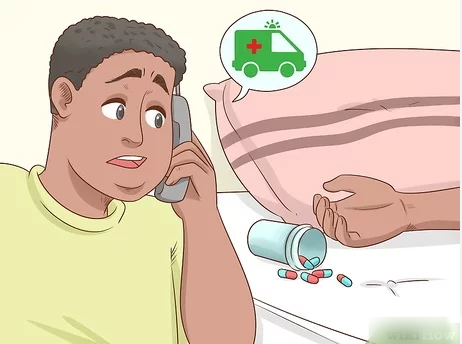
Before Calling Emergency
Have this information ready:
- Person's age, weight, and condition
- Name of the product (ingredients, if known)
- Time it was swallowed
- Amount swallowed
Poison Control
Your local poison control center can be reached directly by calling the national toll-free Poison Help hotline (1-800-222-1222) from anywhere in the United States. This hotline will let you talk to experts in poisoning. They will give you further instructions.
What are the treatment options for soap poisoning?
Treatment for soap poisoning will vary depending on how you’ve been exposed to the chemical products. In most cases, a medical professional will begin by checking your vital signs, including your:
- pulse
- temperature
- blood pressure
- breathing
You should tell the medical team right away if you know how much or what kind of exposure you’ve had to soap products.
The treatment for soap poisoning may include:
- oxygen
- pain medication
- a breathing tube
- intravenous fluids
- removal of any burned skin
- skin irrigation, or washing the skin thoroughly
- a bronchoscopy, which involves threading a camera down your throat to check for damage in the lungs and airways
- an endoscopy, which involves a camera inserted down your throat to check for burns in the esophagus and stomach
Poisoning can be life threatening. You must get treatment immediately to help prevent severe complications, including brain damage and tissue death.

